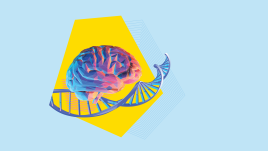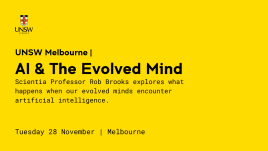Sydney | The Gene Editing Revolution with Jennifer Doudna
The world is on the cusp of extraordinary changes – from cures for intractable illnesses to dramatic reductions in greenhouse gasses – thanks to Nobel Prize winner Jennifer Doudna. Join her in this fascinating discussion and learn about the benefits – and some of the threats – in the revolution in gene editing.
“I had been told that girls don’t do science. And fortunately, I ignored that.” Jennifer Doudna, Nobel Prize Winner
n intrepid biochemist reckons with the monumental implications of her most provocative discovery to date: a deceptively simple, yet startlingly powerful method to rewrite the very blueprints of life. This isn’t just any scientific breakthrough, but a tool that promises unparalleled control over DNA – the core of existence – teetering on the brink between amazing potential and great danger. This technique, known as CRISPR, emerged not as a quiet ripple in the scientific community, but as a tidal wave of concern among its very pioneers, reminiscent of the trepidation that shadowed the advent of the atomic bomb. In 2015, biochemist Jennifer Doudna stepped forward to issue a moratorium on using CRISPR for human embryonic edits that pass on to future generations. This revolutionary technology, lauded for its simplicity and efficacy, harbours the capacity to cure intractable diseases and could be the answer to famine. Yet, it brings with it the perilous possibility of irreversible genetic ripple effects and the contentious debate over the ethics of heritable changes in humans.





